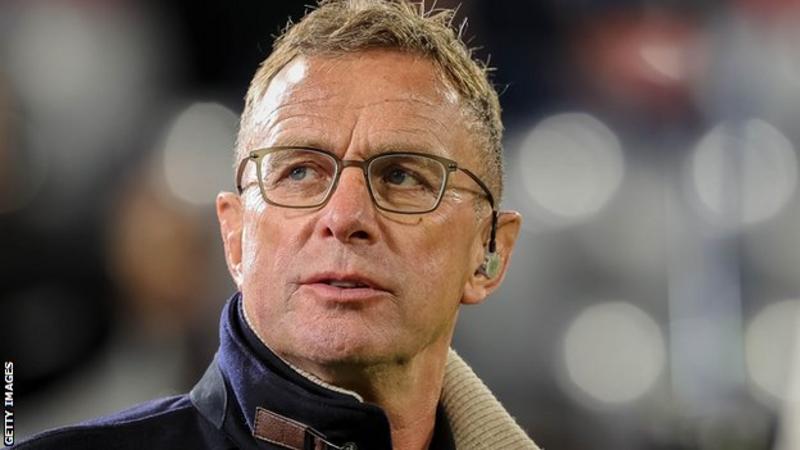British Prime Minister Theresa May battled Friday to salvage a draft Brexit deal and her own political future.
After a tumultuous Thursday in which ministers resigned and members of her own party plotted to oust her, May faced the public to defend her position, in a radio phone-in.
The Conservative leader said she believed with “every fibre of my being” in the Brexit course she had set, after facing a hostile parliament and seeing four ministers, including Brexit secretary Dominic Raab, quit the government.
Members of parliament on all sides warned her there was no way the plan could win their approval, but she dismissed calls to quit, saying: “Am I going to see this through? Yes!”.
Environment minister Michael Gove, one of the figureheads of the pro-Brexit campaign in the 2016 referendum on Britain’s EU membership, rejected the offer of replacing Raab and is considering his position, according to several media reports.
Gove, the highest-profile Leave campaigner left in May’s cabinet, declined to comment as he left home Friday.
He reportedly turned down the Brexit secretary job because May would not allow him to attempt altering the proposed deal.
Meanwhile The Daily Telegraph newspaper said Northern Ireland’s Democratic Unionist Party, whose 10 MPs help May command a slim majority, would vote against the deal.
Their alliance with the Conservatives is over unless the prime minister is replaced, the broadsheet said, citing sources close to DUP leader Arlene Foster.
The prime minister admitted “concerns about the backstop” solution to the Irish border question within the deal, which Brexit supporters fear would keep Britain tied indefinitely into a customs union.
Critics also believe May has conceded too much to Brussels in other key areas, while EU supporters are calling for a second referendum on a final deal.
May, however, said there would be no second vote “as far as I’m concerned”.
David Davis, who resigned as Brexit secretary in July, told BBC radio on Friday that the draft deal was a “dreadful proposal”.
“It’s not a deal that we should accept,” the Brexit-backer said.
“The thing to remember is that all of the EU negotiations go to the last minute,” said the former Europe minister.
“Nobody prefers no deal. It’s not the best outcome.
“But it’s not something to be terrified of.”
The 585-page draft aims to ensure a smooth divorce from the EU after more than four decades of membership and outlines a transition period for both sides to adjust to the break.
Key provisions seek to avoid a hard border between EU member Ireland and the British province of Northern Ireland, protect citizens’ rights and settle Britain’s last bill.
After hitting a one-month low on Thursday, the pound was up slightly against the dollar and steadied against the euro early Friday. Sterling was up 0.3 percent at $1.2808 and flat at 88.65 pence to the euro.
Conservative MP Jacob Rees-Mogg, leader of the Brexit hardline European Research Group, submitted a letter of no-confidence in the prime minister saying: “It would be in the interest of the party and the country if she were to stand aside.”
At least 48 letters from Conservative MPs are required to trigger a vote of no confidence in the party leader, but a majority of the party’s 315 lawmakers would have to vote against May in order for her to be ousted.
Although other MPs have already sent letters, all eyes were on Rees-Mogg given his influence over Brexit-supporting MPs.
The MP told reporters that a challenge could be launched within weeks.
But veteran MP Kenneth Clarke, an arch-europhile, told Sky News television that May would win any confidence vote, saying “there isn’t an alternative”.
EU leaders will hold an extraordinary Brexit summit on November 25.
If they approve the agreement, the British parliament is scheduled to vote on it in early December.
Raab said there would be a devastating impact on public trust in the government unless it changed course on Brexit.
“I cannot reconcile the terms of the proposed deal with the promises we made to the country in our manifesto,” he said in his resignation letter.
Brexit hardliner Esther McVey also quit as work and pensions secretary.
Suella Braverman resigned as a junior Brexit minister and Shailesh Vara quit as a junior Northern Ireland minister.
May had secured her cabinet’s “collective” approval for the agreement during a stormy five-hour meeting on Wednesday and European leaders hailed the tentative deal.
In Brussels, EU President Donald Tusk said member states would have until Tuesday to examine the deal and to agree the wording of a parallel political statement setting out goals for the bloc’s future relations with London.







2 Comments